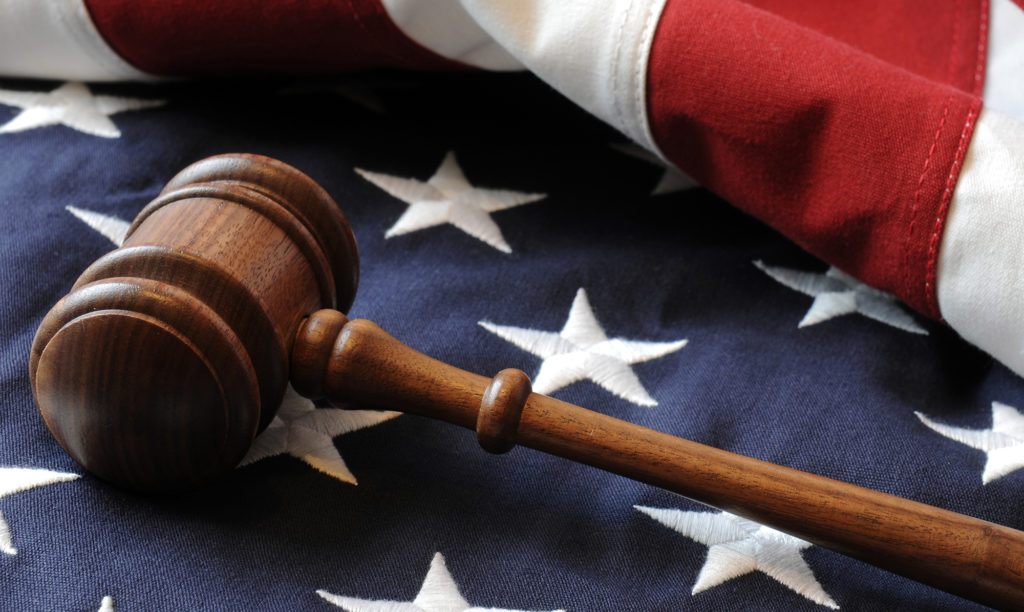
“You will never know how much it has cost my generation to preserve your freedom,” John Adams once pleaded. “I hope you will make good use of it.”
Each generation has a duty and an obligation to set the next generation up for success, opportunity, and prosperity. This includes making sure that freedom and all it entails – including the rights to life and free speech – are not only preserved but strengthened for the next generation. In America’s legal system, this means taking action in the courts to accomplish exactly that.
The nonprofit legal organization Alliance Defending Freedom has a unique way of looking at this objective, one which offers insights for lovers of liberty who wish to leave the country better off when we leave it. They call these “generation wins,” defined as achieving “a significant victory changing the law and culture of the nation for a generation. Deliberate action is taken following that victory in order to ensure that it endures for generations to come.”
Consider the ongoing efforts to defend free speech, freedom of conscience, and religious liberty. The U.S. Constitution guarantees every American the right to speak freely, abide one’s conscience, and exercise his or her faith as he or she chooses, yet the ability to exercise these rights is increasingly under threat. We need generational wins to ensure these rights for future generations.
Government has inflicted a consistent attack on the ability for creative professionals like cake artists, graphic designers, and florists to conduct their businesses and create unique art in accordance with their deeply-held beliefs. Colorado has been ground zero in this regard.
Consider the legal battles of Lorie Smith, founder of 303 Creative, and Jack Phillips, owner of Masterpiece Cakeshop. Both have run afoul of Colorado’s “Anti-Discrimination Act.”
Under the law, Smith would be forced to use her unique talents as a web and graphic designer to create projects that she doesn’t believe in or which go against her core beliefs. This is a direct violation of her First Amendment right to artistic expression, so she’s sued Colorado in the case of 303 Creative v. Elenis.
Similarly, in Masterpiece Cakeshop v. Colorado Civil Rights Commission, Phillips challenged the Colorado Civil Rights Commission for violating his rights to religious expression in a way that was overtly hostile toward religion. In a U.S. Supreme Court decision, the Court rebuked “the Commission’s double standard of punishing Jack, but not the three artists who refused messages against same-sex marriage.”
Legal cases along these lines should remind every business owner about just how important artistic expression really is – whether the lawsuit is focused on freedom of speech or freedom of religion. When you reflect on how important both rights were to the founding of the country, you can’t help but recognize how fundamental these cases are to ensuring genuine generational wins that defend religious freedom and secure freedom of speech.
Another area where we need generational wins comes to parental rights. As recently as 35 years ago, homeschooling was illegal in many states. Today, Americans broadly accept homeschooling as a legitimate way for parents to educate their own children – and it is now recognized in every state based to both legislative fixes and successful legal battles.
Even though these advancements have been made, the fight for parental rights continues. Recent cases in Vermont (A.H. v. French, E.W. v. French) and a U.S. Supreme Court case out of Maine concern parents’ rights to send their children to religious schools using state funds. Each lawsuit concerns the ability for parents to send their students to the private school of their choice using state funds when nearly half of the school districts don’t even have a public high school. Shouldn’t parents be able to affordably send their kids to a school best suited for their needs?
Parental rights are also in trouble within public schools. Consider B.F. v. Kettle Moraine School District in Wisconsin. Last year, parents sued the Kettle Moraine School District for a policy enabling minor students to change their names and gender pronouns without their parents’ consent. One 12-year-old’s parents objected, yet the school persisted over those objections. Consequently, the parents withdrew the child from school and joined in a lawsuit with another parent which seeks to mandate parental consent before making changes to a child’s name or pronouns at school.
Given that any changes to a child’s name and gender pronouns is a significant alteration of her identity, there is no world in which schools should deny parental consent. In each example above, victories for parental rights will be the mark of generational wins.
On issue after issue, our nation’s future depends on more generational wins like these.
No Comments Yet